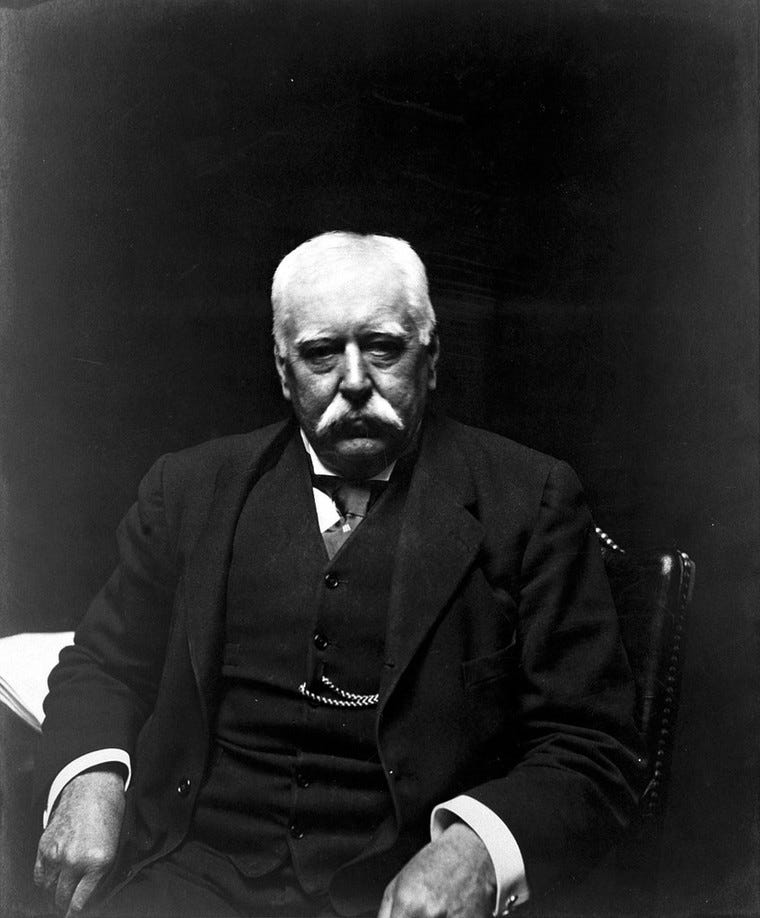How Your Personal Story Can Shape Historical Research
A Thought-provoking Impulse for Actors, Filmmakers, Scriptwriters and Novelists
Let’s Explore Hidden Threads Between Family And Creative Work
1. The Power of Family Narratives
Many people don’t realise how their personal family histories can influence the projects they choose to work on. Whether your ancestors fled their homeland during wartime, a relative who rose from poverty to success or a family tragedy that still lingers, these stories often echo in the creative work we’re drawn to. By researching your family’s past, you might discover surprising connections to historical periods or events that resonate deeply with your personal and professional life.
Start a conversation with a family member or try journaling about a theme that’s appeared in your creative work. You might be surprised at what comes to the surface.

2. Inherited Trauma and Creative Drive
Trauma doesn’t only affect those who directly experience it; it often echoes through generations. The concept, known as ‘inherited trauma,’ has been studied extensively. Psychiatrist Bessel van der Kolk argues in The Body Keeps the Score that trauma can alter brain chemistry in ways that are passed down through generations. This means that your creative fascination with war or survival may not be coincidental—it could be rooted in family history. Read more about “The Body Keeps The Score”, and “inherited trauma” here.
Recent studies by neuroscientists at Emory University show that trauma can leave a chemical mark on a person’s genes, which can be passed down to subsequent generations. This phenomenon, known as ‘epigenetic inheritance,’ might explain why certain themes resonate deeply—even if you haven’t personally experienced them.
If you feel compelled to tell stories of war, loss or survival, it might be worth exploring your family’s past to see if these themes have a personal root.
This kind of deep, personal research can help you understand why certain topics hold so much power for you, providing rich emotional layers to your work.
3. Cultural Heritage as Inspiration
Many creatives find their most compelling work comes from a deep connection to their cultural heritage.
Whether you come from a tradition-rich background or a family history marked by displacement or loss, the customs, beliefs and struggles of your ancestors can serve as fertile ground for storytelling. This exploration can give your work authenticity and emotional depth, allowing you to represent cultures and histories with greater respect and accuracy.
As a filmmaker, tapping into your cultural heritage can provide you with more than just a historical backdrop—it’s an opportunity to represent an era authentically.
4. Connecting Personal Struggles to Historical Moments
Personal or family struggles often reflect larger historical events, such as migration, war or economic hardship. If someone in your family fled political persecution, experienced poverty during the Great Depression or survived a pandemic (well…), Their struggles and resilience are more than personal—they’re chapters in a shared human experience.
Bringing this personal connection to your creative work transforms it from simply depicting history to intimately portraying human endurance.
5. Rediscovering Lost Stories
Often, family stories fade with time, becoming distant memories or whispers of forgotten events. However, these forgotten stories might hold the key to understanding your personal connection to history. Researching your genealogy or speaking to older relatives can unearth lost family stories that might inspire your next project. These narratives, however small, are often the threads that connect individuals to broader historical events, giving your work a fresh and authentic perspective.
6. Healing Through Storytelling
Sometimes, your desire to explore a particular historical theme or character might be rooted in an unconscious need for healing. Exploring your personal or family history through your creative work can be a way of processing and healing from past trauma. This is particularly true for stories that deal with difficult subjects like war, loss or injustice. Understanding the emotional link between your past and your creative projects can help you create more meaningful and impactful work.
If you’re struggling to process a difficult family story, try writing it from multiple perspectives or changing the outcome. These small shifts in storytelling, as simple as it may sound, can help transform pain into art.
7. Your Unique Perspective as a Historical Lens
Every artist brings their unique perspective to their work, shaped by their life experiences, family background and personal struggles. When you connect these elements with historical research, you don’t just tell a story—you bring history to life in a way that no one else can. Whether it’s through a film, script or novel, your personal connection to history can give your work an authenticity and emotional resonance that captivates audiences, and even brings historical figures and events to life in new and unexpected ways.
What Does That Mean For Your Creative Work?
What your family has endured is not forgotten. The body remembers past trauma and so does the creative mind. Whether you know it or not, the stories that drive your work often have roots in long-forgotten conflicts, personal dramas or generational struggles.
Digging into these stories—whether through historical research or personal reflection—can not only deepen your connection to the material but also bring healing and resolution to stories that have long remained untold.
Do you have themes that run through your work that might be family related? Let me know in the comments.
~ Barbara
Historian with German precision. Unreasonably fast reader 📚. 800 pages before lunch ☕. Helps actors & writers prepare biopics 🎬 and historical roles using forgotten archives, letters, and diaries 📜. More at https://withdrbarbara.com/




Fascinating article